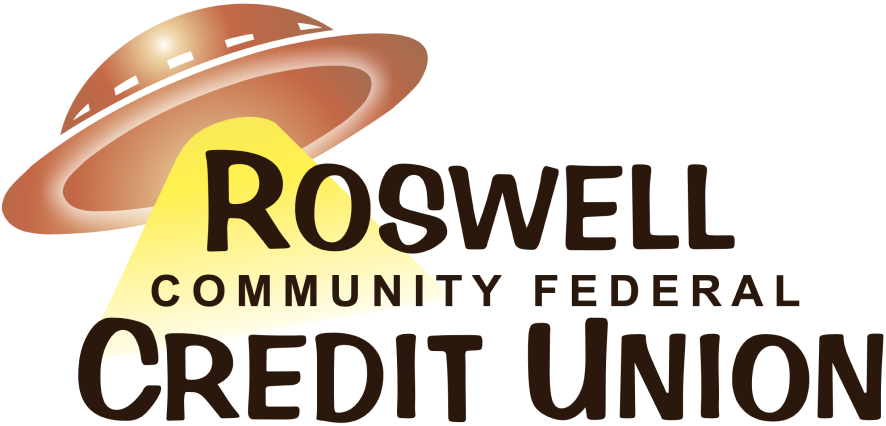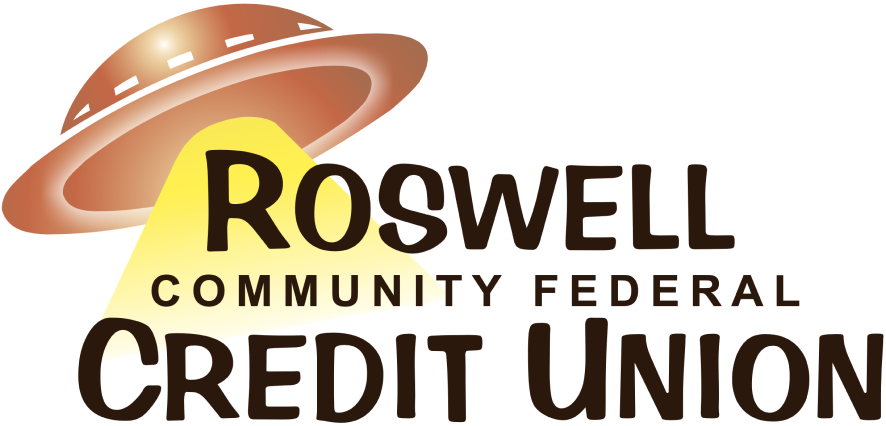Credit Unions vs. Banks: What's the Difference?
Have you been exploring ways to pay fewer fees and get a better service experience? When it comes to choosing a financial institution, you have options and it may be time to consider a credit union. But what’s the difference? Credit unions and banks offer similar services and products like savings and checking accounts, credit cards, and loans—however, there are fundamental distinctions between them that shape how they operate.
What’s the credit union difference?
Credit unions began in Germany in 1849, and have maintained their chief purpose of serving members, not shareholders. They subscribe to the philosophies of “People helping people” , “Not for profit, not for charity, but for service”, and in Roswell Credit Union’s Case, “Big enough to serve, small enough to care.” Banks are privately owned or publicly traded, meaning that their main drive is to turn a profit. Credit unions, however, are not-for-profit, member-owned cooperatives that put their people first.
Who offers the best rates on loans and deposits?
Because banks are generally beholden to their stakeholders and profit is king, this means their customers are often going to suffer the brunt of the pressure—resulting in more fees and less competitive rates. The not-for-profit status of credit unions allow (and require!) all profits to be returned to its members in the form of better rates on loan products, reduced fees, and higher savings rates.
What can a credit union do that a big bank won’t?
Aside from offering more competitive rates on loan products and savings accounts, credit unions strive to offer a more personal approach when it comes to service. The word “customer” isn’t used at a credit union. Instead, they are part owners and members of the institution, and the service reflects this distinction.
Big banks rely heavily on computers and algorithms to approve and deny loans, while credit unions do their best to humanize their approach, taking into consideration other factors in a member’s life in order to make the most positive impact that they are able. They also take the time to advise members in the event that they do not qualify for a loan.
Credit unions are also usually locally-owned—giving them a leg up on their knowledge and interest in the well-being of their community. From supporting local organizations to empowering members through financial education, credit unions aim to give back with the goal of improving the financial lives of the people. Ultimately, the success of a credit union is a direct reflection of the success of the community it serves.
How can I join a credit union?
Eligibility requirements for membership at a credit union vary from organization to organization. Most credit unions allow you to become a member if you live or work in a specific area or belong to certain groups or organizations like schools or hospitals.
Roswell Community Federal Credit Union is open to anyone who lives, works, or worships in Chaves, Eddy, Lincoln, Roosevelt, or De Baca counties. You can also become a member if one of your family members belongs to the credit union.
Becoming a member of a credit union usually requires a small deposit into what is known as a Share Account. This deposit and savings account establishes your membership and represents your share of the credit union.
Let’s make the switch!
If you’re looking to bank at a financial institution where your needs come first and get more out of your money, here is what you’ll need to join Roswell Community Federal Credit Union:
Your Social Security Number
A valid form of picture identification (U.S. Driver’s License/ID or U.S. Passport with signature)
Information for funding your new account
Proof of residency (if the address on your ID does not match your current address)
If applying for a joint account, the secondary applicant’s information
A minimum deposit of $25 into your main share savings account
Stop by our office or apply online today!


